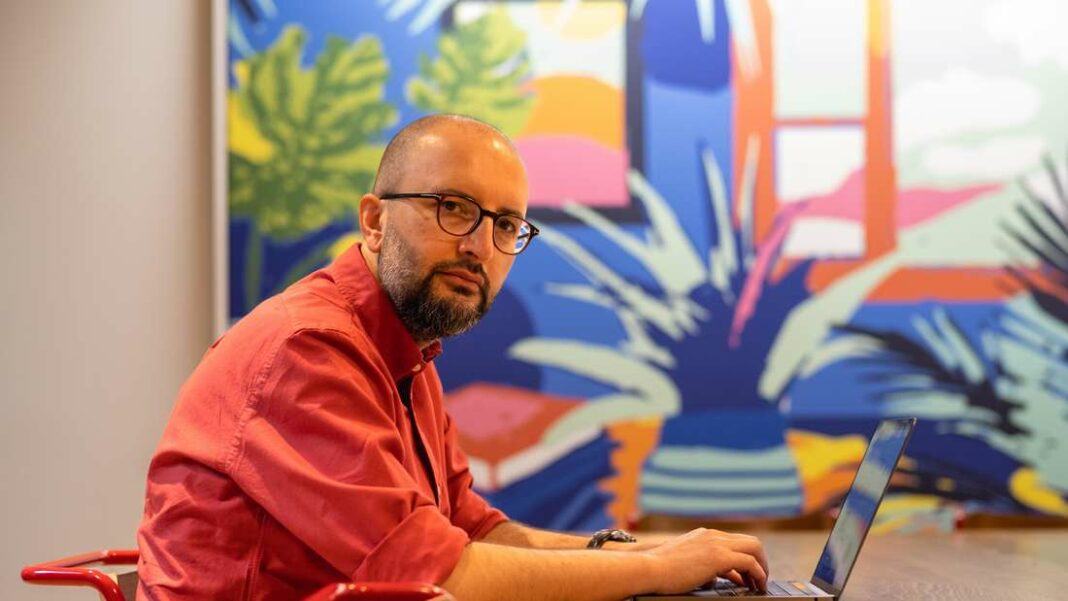Turkish investigative journalist Cevheri Güven said he continues to face constant threats to his life, even after seeking asylum in Germany.
Speaking to Frankfurter Allgemeine Zeitung (FAZ), Güven said he lived under police protection round the clock in Germany and is required to notify the police whenever he leaves his house. The veteran journalist is obliged to wear a device on his wrist, which looks like a watch but is actually a security bracelet that allows him to send an alarm in the event of a threat.
Güven has been living in Germany since 2017. He previously served as editor-in-chief of Nokta, a Turkish political news weekly that was shut down by the government during the state of emergency declared after a coup attempt on July 15, 2016.
In November 2015 Güven and his assistant Murat Çapan were arrested on charges of “inciting an uprising,” stemming from the cover of Nokta’s November issue, which warned of a potential civil war in Turkey.
Güven was held in İstanbul’s Silivri Prison along with other prominent journalists, including Can Dündar and Erdem Gül. Dündar now also lives in exile in Germany.
Güven and his assistant were released on December 29, 2015. However, following the failed coup in 2016, both were sentenced to over 20 years in prison on charges of participating in the abortive putsch. While Güven first fled to Greece to escape persecution and then to Germany, his assistant Çapan remains imprisoned, serving his sentence.
Güven has not been able to escape the long arm of the Turkish government, despite the fact that he lives in Europe. In a previous statement he said he was named on an assassination list compiled by the Turkish National Intelligence Organization (MIT).
Güven has continued to engage in investigative journalism in exile through videos on YouTube that reach millions. His channel has nearly 700,000 subscribers and garners millions of views. The content he produces has focused on corruption, mafia-politics relations and internal decay within the state.
But his digital success hasn’t led to a decrease in threats. Due to political pressure from Turkey, Güven was officially informed that the visibility of his channel in YouTube’s algorithms had been restricted.
In the interview with FAZ, Güven said he would continue his journalistic work despite the Turkish government’s attempts to silence him. He denied any involvement in the coup or any form of terrorist activity, saying that his sole objective was to inform the public with facts.
The Turkish government is often accused of trying to keep the press under control by imprisoning journalists, eliminating media outlets, overseeing the purchase of media brands by pro-government conglomerates and using regulatory authorities to exert financial pressure, especially after President Recep Tayyip Erdoğan survived the failed coup in July 2016. Turkey, which suffers from a poor press freedom record, was ranked 158th out of 180 countries in the 2024 World Press Freedom Index by Reporters without Borders.
*This article was taken from the Stockholm Center for Freedom.


